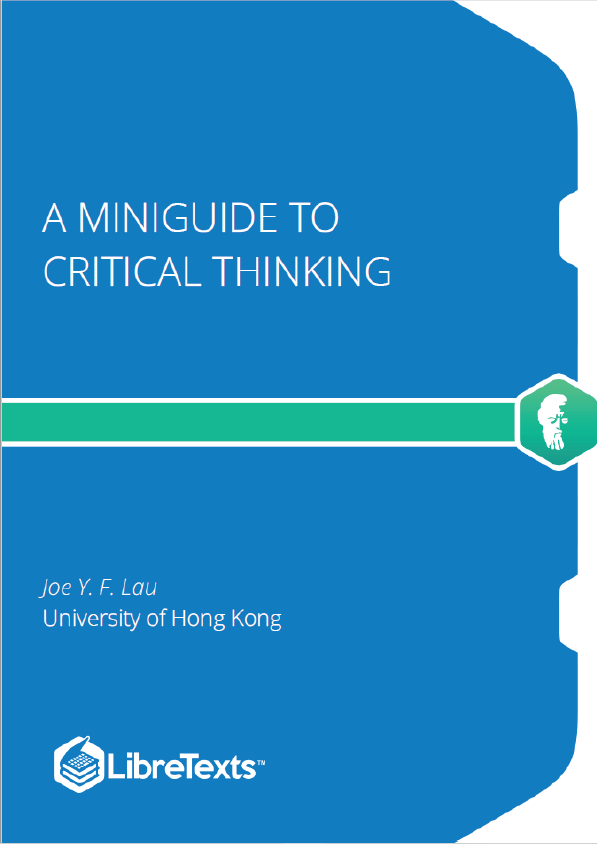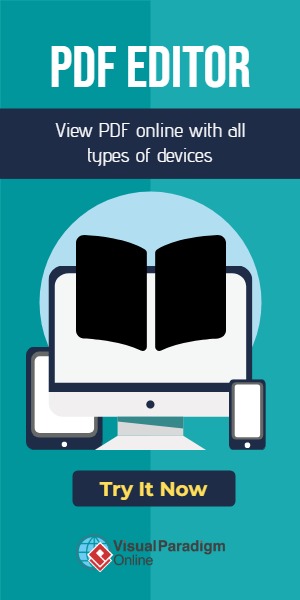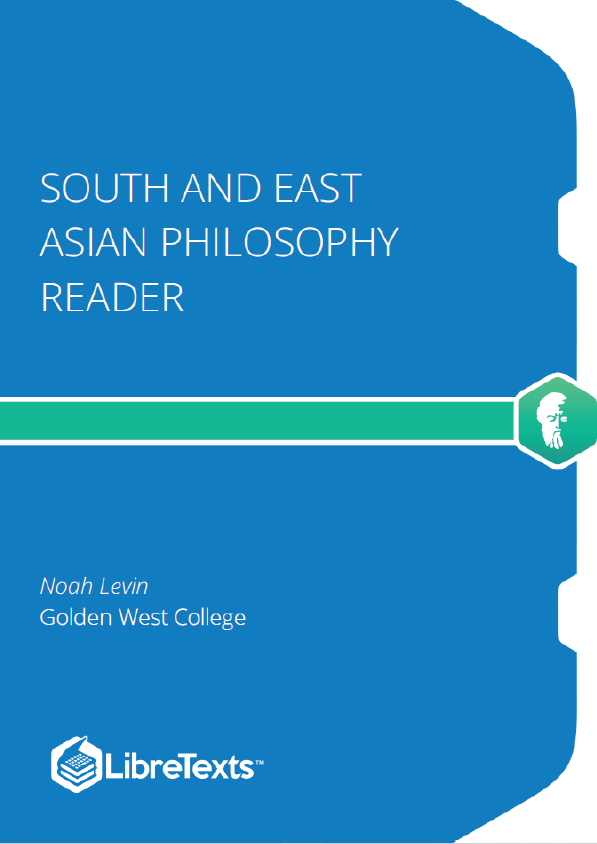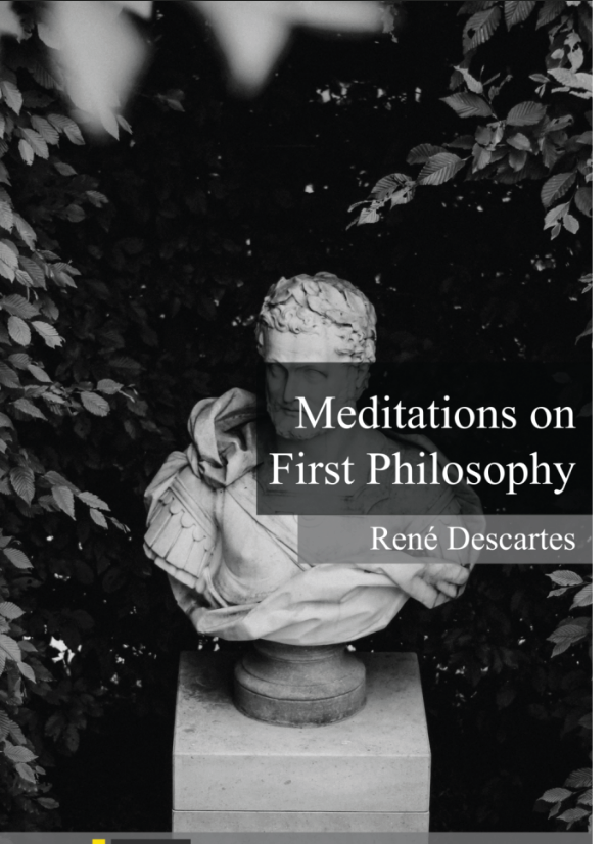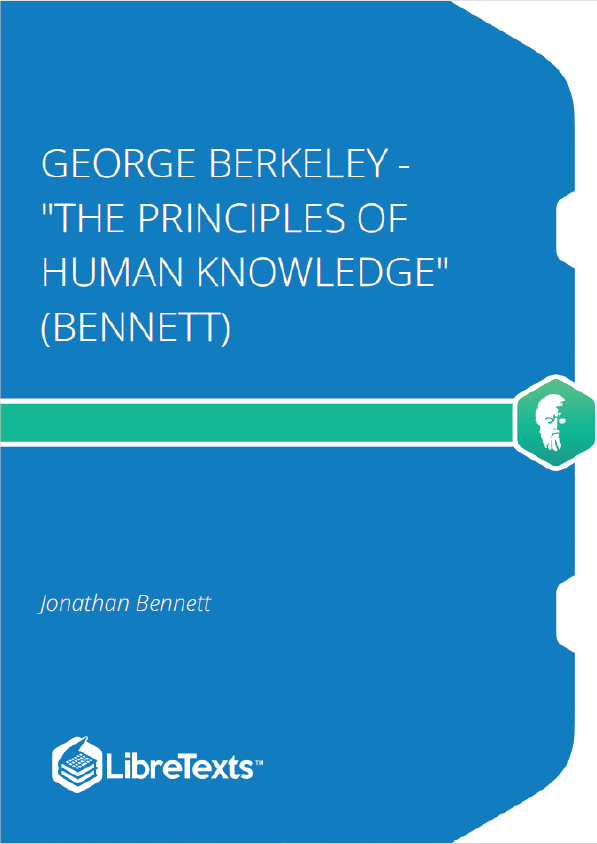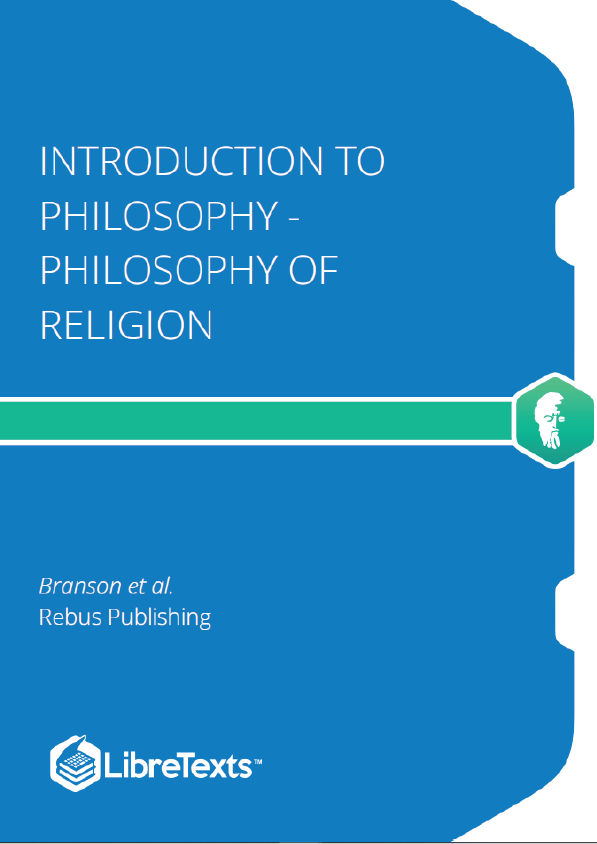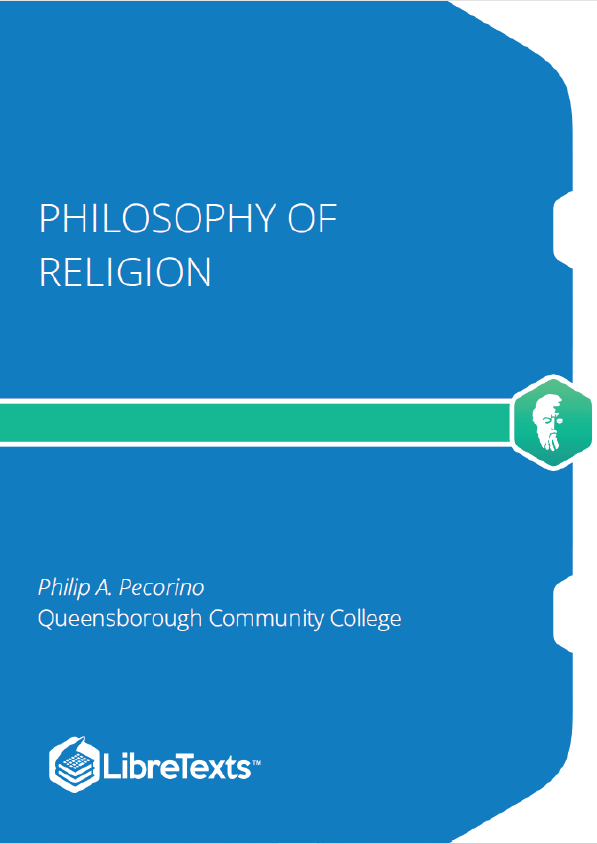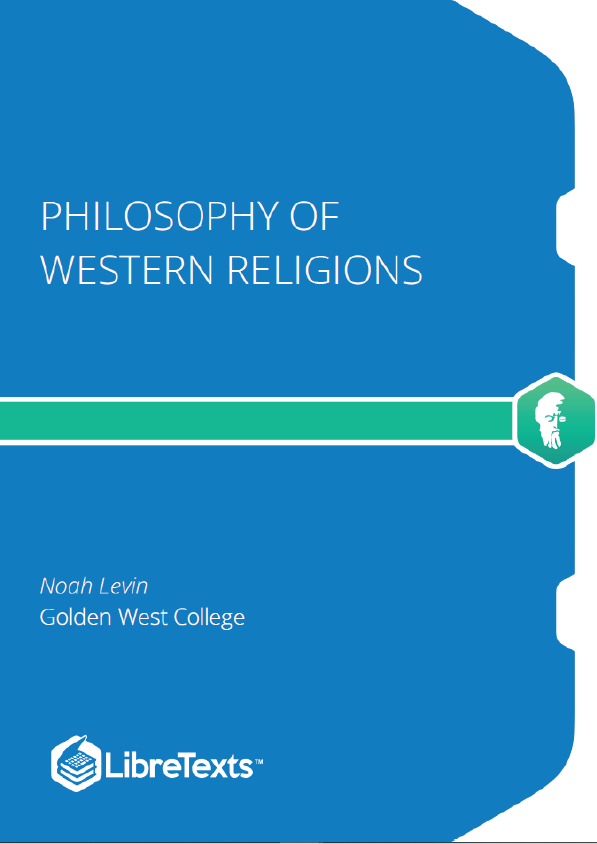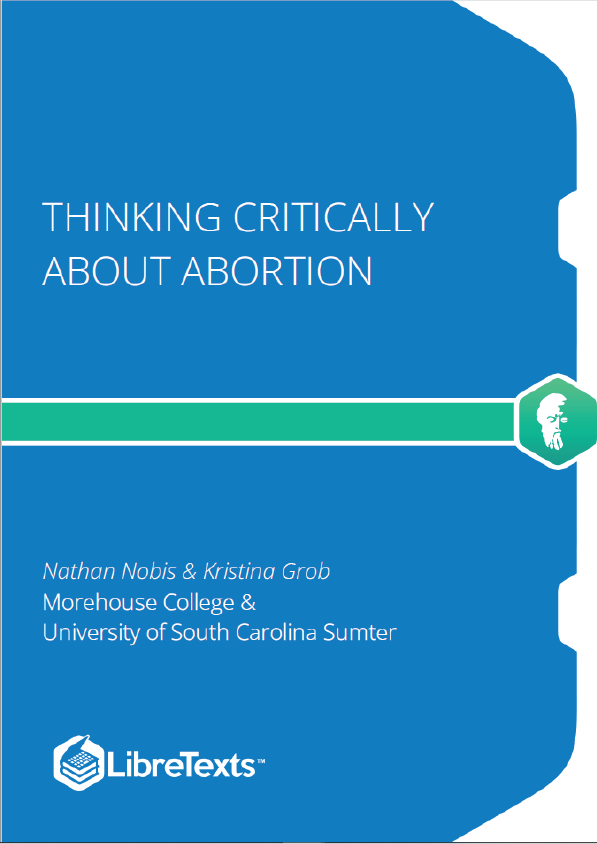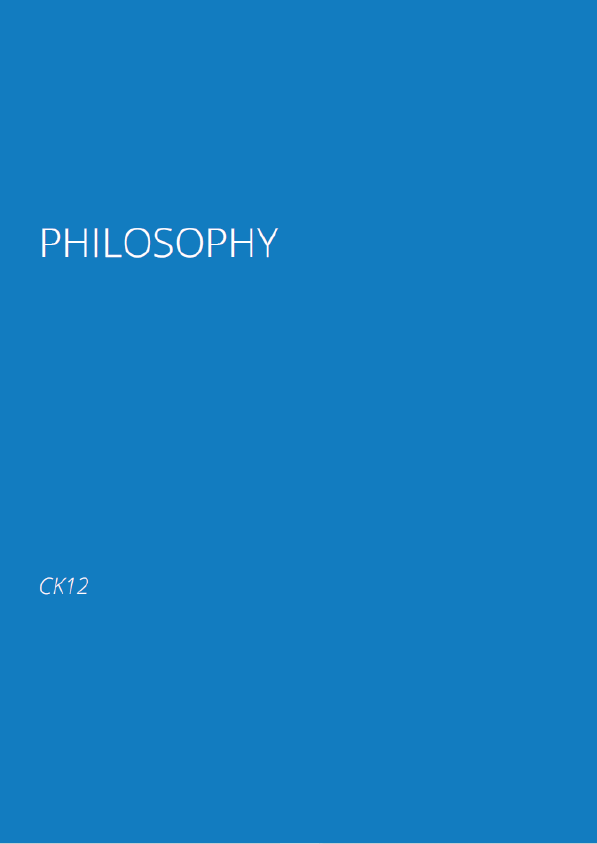Critical thinking is the ability to think clearly and rationally about what to believe or do. This requires careful, reflective and independent thinking.
- Critical thinking does not mean being argumentative or always being critical of others. Although critical thinking skills can be used to expose fallacies and bad reasoning, they can also be used to support other viewpoints, and to acquire new knowledge.
- Good critical thinking helps us solve problems, and is useful for all kinds of careers. Thinking clearly and logically also helps us express our ideas more effectively, and improves our presentation and language skills.
- Some people think that critical thinking is incompatible with creativity. This is a misconception, as creativity is not just a matter of coming up with new ideas. The new ideas should also be useful. We need critical thinking to evaluate whether an idea is useful, and find ways to make them even better.
- Critical thinking is necessary for self-reflection. To live a meaningful life, we need to think about ourselves and our values objectively and critically.
This mini guide introduces some of the basic concepts and principles of critical thinking. But it is not meant to be a comprehensive survey. For further study, readers can consult my textbook An Introduction to Critical Thinking and Creativity – Think more, Think Better, published by Wiley in 2011. There is also a list of recommended books and online resources at the end of this guide.
Literal meaning is a property of linguistic expressions. The literal meaning of a sentence is determined by its syntax and the conventional meaning of the words in the sentence. The literal meaning of a sentence should be distinguished from its conversational implicature the information that is implicitly conveyed in a particular conversational context, distinct from the literal meaning.
For example, suppose we ask Amie whether she wants to go hiking and she replies, “I am verytired”. Naturally we would infer that Amie does not want to go hiking. But this is not part of the literal meaning of her reply. Rather, the information that she does not want to go is inferred indirectly. Similarly, suppose Lala says, “Po likes books”. We might take Lala to be saying that Po likes to read. But this is at most the conversational implicature, and not part of the literal meaning of what Lala said. It might turn out that Po hates reading and she likes books only because she uses them to decorate her house. But even if this is the case, Lalas assertion is stilltrue.
These examples show that when we want to find out whether a statement is true, we should consider its literal meaning, and not the conversational implicature. This is particularly important in the legal context. The content of a contract is typically determined by the literal meaning of the terms of the contract. If there is a dispute about the contract, ultimately it is settled by looking at the literal meaning of the terms, and not by what one or the other party thinks was implied implicitly.
